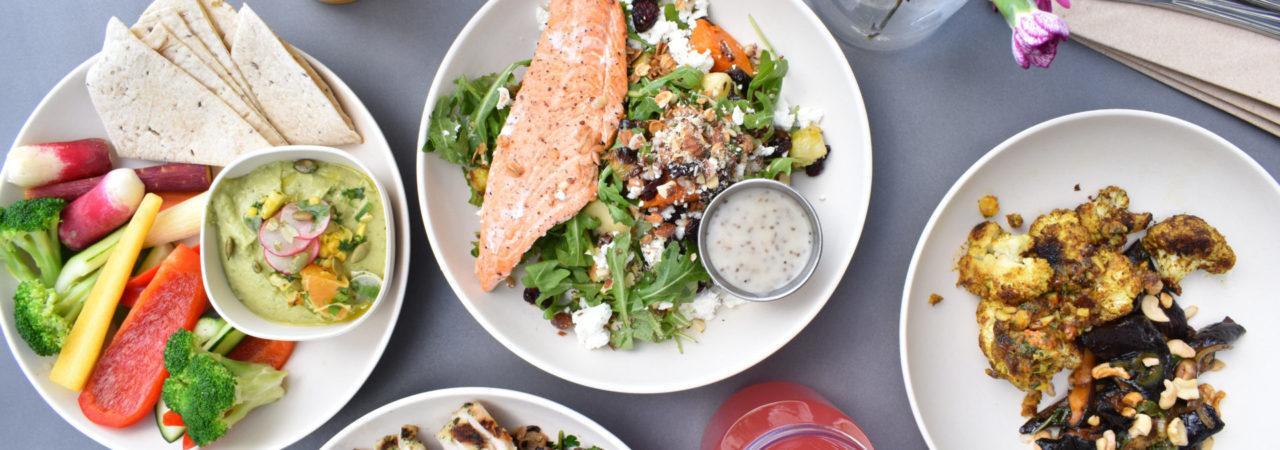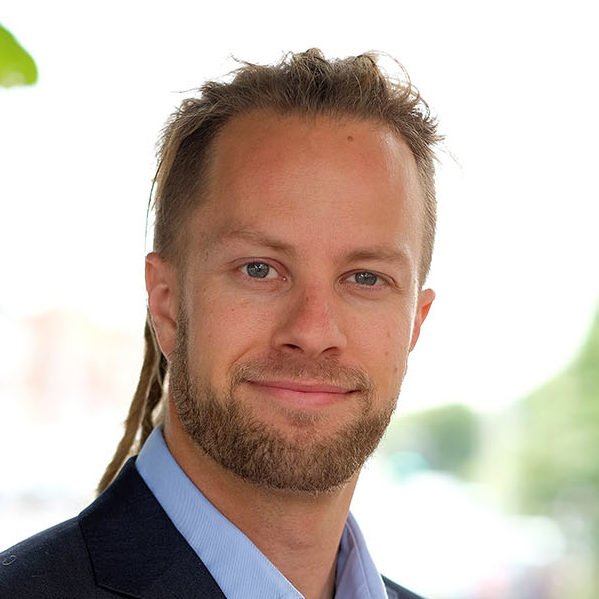One of the things I love most about watching the finals of competitions is how the first-time winners react. These moments seem to sum up so many things that we value in life—hard work, the miracle of succeeding, teamwork, family, sacrifice, and the tears of joy.
When Carlos Alcaraz won his first Wimbledon men’s title and he ran up to the seats, he hugged and wept with a large group of people. They were his support team, made up of family, friends and colleagues. The commentator summed it up pretty well when he said “It takes a village to raise a champion.”
Much like the world of sports, there are some cultures and countries where your work and personal life are inter-connected. In the UK, it’s far more common to have a clear divide between the two. As a CEO, I’ve tried to replicate the sense of community that is so evident in the world of sports.
Here at LifeLine, one of our core values is that no-one should be left isolated from their community. Even though LifeLine is made up of a diverse group of individuals, I think it’s important for all of them to connect and understand how much they depend on each other. I want a workplace that gives employees the freedom to openly communicate and pool their resources when required.
Part of work life is going out for lunch or a coffee with your colleagues. I like to take this a little step further and invite my colleagues to have a meal with my family. But not all of them actually understand what I mean at first—the most common response tends to be, “Oh, is it your birthday or something?”. I personally find it the best way for me to get to know someone really quickly. I understand that it can be a bit jarring at first for my colleagues but, once they start chatting to my children and my wife, they usually loosen up. I generally find I gain much more insight into what a person’s like in that one evening than I would working next to them in an office over three months.
LifeLine grew out from small groups of people having informal chats. They started by talking and listening, recognising issues, and coming up with solutions. I want our workplace to retain some of that and be like a friendly open home—sociable, fun, supportive, and encouraging.
What were your first thoughts when you were invited to share a meal with Nathan?


I didn’t want to go—why would I want to hang out with the CEO? But eventually, I changed my mind and decided to give it a try. And when I got there, I felt part of the family. They were so hospitable.
—Royston


I thought it was quite personal, but in a good way. It made me think that he actually cares about us.
—Aaron


It made me think he was a team-player, and quite generous. In my culture, this kind of thing is pretty natural.
—Itoro
What impact do you think going for a meal with Nathan had?


I would say it changed my perception of him. I started to respect him as a family man.
—Royston


I felt much more welcome, especially as a member of the LifeLine team. And it was good to get to know him on a personal level, not just as a CEO.
—Aaron


It made me feel he was more approachable and relaxed. But we still maintain a professional relationship, even if it’s maybe a more relaxed one.
—Itoro



